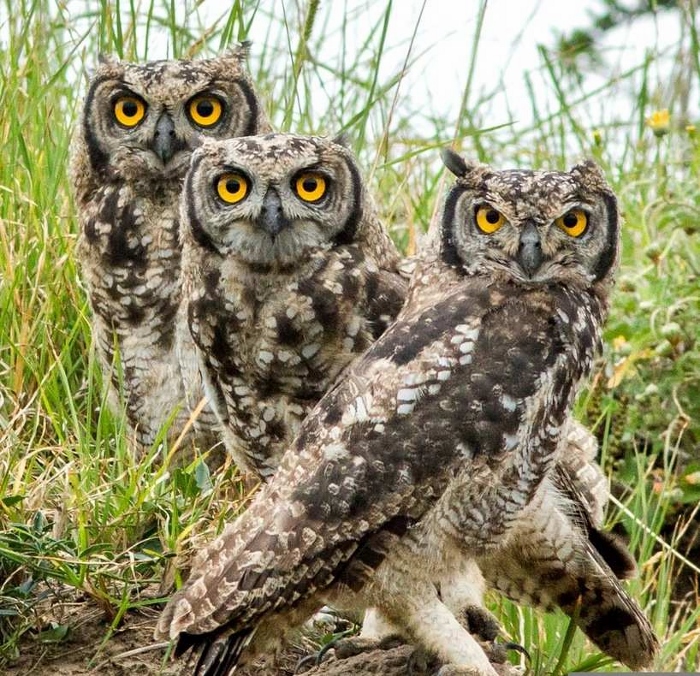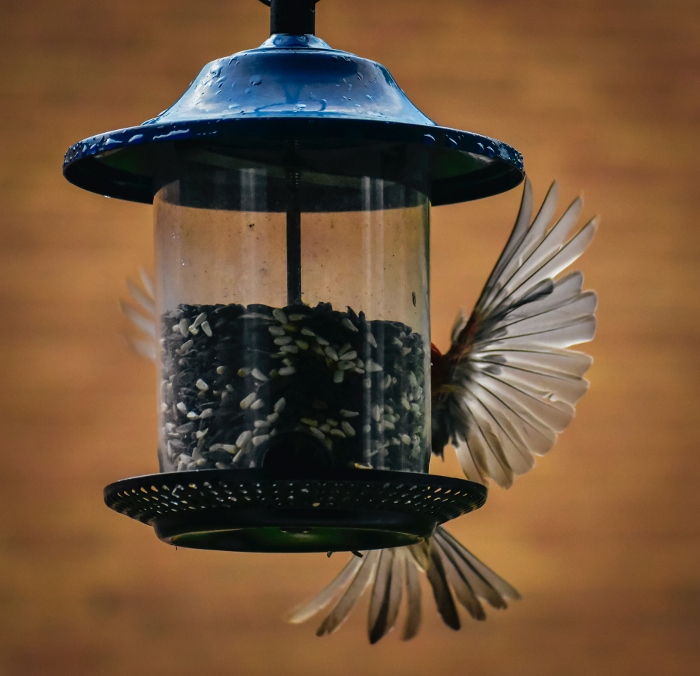Temperatures are beginning to rise this season and that means that the threat of Trichomoniasis in birds will also be on the rise. Trichomoniasis, colloquially known as Trich, is an infectious disease caused by the microscopic parasite Trichomonas gallinae.
Trich is a well-documented illness in many bird species, primarily pigeons and doves (commonly known as canker). In raptors it is known as frounce. It can also infect species of passerine birds, particularly finches.
The parasite inhabits the upper digestive tract, mainly the crop and oesophagus, but it may also infect the liver, lungs, air sacs, internal lining of the body, pancreas and bones and sinuses of the skull.
The parasite manifests itself and develops inside a seed, particularly wet or damp seeds which are common during the summer in summer rainfall areas. The heat that comes with the summer months helps incubate the parasite inside the seed. A dove, pigeon or another bird eats the seed, which means that the bird becomes a new carrier of the Trich infection.
Raptors are vulnerable

These birds are, in turn, eaten by raptors and they also become infected. So some of the owls, kites, falcons, hawks and eagles that you might be lucky to have on your smallholding are at risk.
The parasite can affect captive poultry, particularly where wild birds have access to feeders, water containers and bird baths.
Veterinarians urge people not to feed wild birds during the summer months in a bid to reduce the spread of disease. It is not necessary when food is abundant and it creates abnormal behaviour which increases the spread of Trich.
Clean birdbaths on a daily basis as these are another source of contamination.
Use a weak solution of domestic bleach (10% sodium hypochlorite) to disinfect feeders and baths. Rinse feeders well and dry them before re-use. Only use bird feeders that prevent the seed from getting wet.
Do not use table feeders. Sick birds sitting directly on bird seed are more likely to contaminate it with Trichomonas gallinae. Trichomoniasis in birds does not pose a health threat to humans or other mammals such as dogs and cats.
To read more articles about birds, click here. To subscribe to the SA Smallholder, click here.

